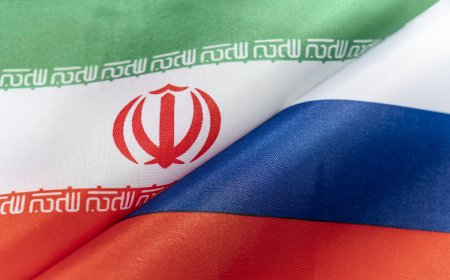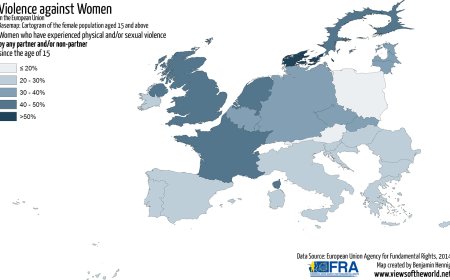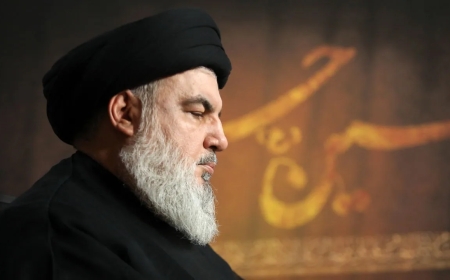The American think tank "Foundation for the Defense of Democracies" (FDD) has expressed significant discontent over the recent success of Yemen's Ansarullah movement in dismantling a CIA spy network. The think tank reiterated previous claims, suggesting that those arrested were employees of the United Nations.In a detailed report, the FDD responded to the destruction of the American espionage network in Yemen. According to the think tank, Major General Abdul Hakim Al-Khiwani, head of Ansarullah's intelligence service, revealed that the network originally operated outside the American embassy in Sanaa. After the US embassy's closure in 2015, this espionage network allegedly continued its activities under the guise of international organizations, including UN missions.
While Ansarullah has not disclosed the total number of arrests, they have released videos showing the confessions of ten individuals. The report from the FDD connects these events to earlier detentions, noting that these latest arrests occurred shortly after Ansarullah detained around 15 Yemeni employees of the United Nations and other international organizations on June 10.
Jonathan Schanzer, an expert from the FDD, reiterated Western accusations against Ansarullah, stating that the group's stringent controls aim to strengthen the so-called "Axis of Resistance," a term often used to describe the alliance of Iran, Syria, Hezbollah, and other allied groups in the region.The FDD report suggests that the arrests are part of a broader pattern of targeted actions by Ansarullah to eliminate perceived threats and reinforce their control. The think tank also indicated that these moves could have significant implications for the region's stability and the operations of international organizations in Yemen.
The situation in Yemen remains complex, with Ansarullah's actions reflecting broader geopolitical tensions. The conflict in Yemen has drawn in regional powers and international actors, each with their own interests and alliances. The dismantling of the spy network and the subsequent arrests highlight the ongoing struggles for influence and control within the country.
The United Nations and other international bodies have expressed concern over the safety and security of their employees in Yemen. These organizations play crucial roles in providing humanitarian aid and supporting peace efforts in the war-torn country. The recent arrests have added to the challenges faced by these agencies in carrying out their missions.
As the conflict in Yemen continues, the actions of groups like Ansarullah and the responses from international stakeholders underscore the need for a comprehensive and sustained effort to achieve peace and stability. The dismantling of the spy network by Ansarullah and the subsequent fallout illustrate the intricate and often perilous landscape of espionage, international relations, and regional politics in the Middle East.













































